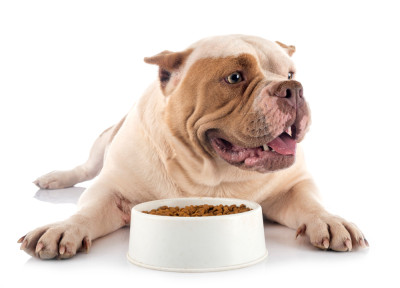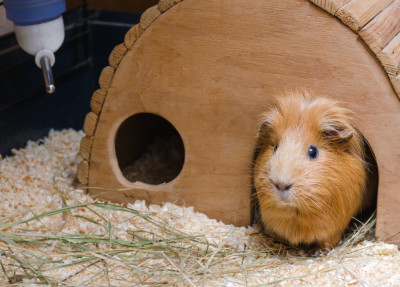1. Consult Your Veterinarian
Before making any dietary changes or choosing a dog food, consult your veterinarian. They can provide valuable insights into your dog's specific nutritional needs based on factors such as age, breed, activity level, and any existing health conditions.
2. Choose High-Quality Dog Food
Opt for high-quality commercial dog food that meets the nutritional standards set by reputable organizations like the Association of American Feed Control Officials (AAFCO). Look for options that list meat or meat meal as the first ingredient, as this indicates a good protein source.
3. Consider Life Stage
Select dog food that corresponds to your dog's life stage:
- Puppy Food: For puppies, as they require more nutrients for growth and development.
- Adult Dog Food: For adult dogs aged 1 to 7 years.
- Senior Dog Food: For older dogs, typically over 7 years old, which may have specific dietary needs.
4. Read Labels Carefully
When choosing dog food, read the labels to understand the ingredients. Avoid products with excessive fillers, artificial preservatives, and coloring. Look for options that list essential nutrients like protein, fat, and fiber.
5. Portion Control
Feeding your dog the right portion size is crucial for maintaining a healthy weight. Overfeeding can lead to obesity, which is associated with numerous health problems. Follow the feeding guidelines on the dog food packaging, but remember that individual dogs may have different needs.
6. Avoid Table Scraps and Human Food
Resist the temptation to feed your dog table scraps and human food. Many human foods can be toxic to dogs, and an unbalanced diet can lead to health issues. Stick to a consistent and balanced dog food.
7. Fresh Water
Provide your dog with access to fresh, clean water at all times. Dehydration can lead to serious health problems, so ensure that your dog's water bowl is refilled regularly.
8. Special Dietary Needs
If your dog has specific dietary needs due to allergies, sensitivities, or medical conditions, work with your veterinarian to find an appropriate diet. There are specialized dog foods available for dogs with allergies or digestive issues.
9. Avoid Free Feeding
Free feeding, where food is available to your dog all day, can make it challenging to monitor their intake and can lead to overeating. Stick to scheduled mealtimes.
10. Monitor Your Dog's Weight
Regularly check your dog's weight and body condition to ensure they are at a healthy weight. Your veterinarian can provide guidance on maintaining an ideal weight.
11. Treats in Moderation
While treats can be a useful training tool, be cautious not to overdo it. Treats should account for only a small portion of your dog's daily calorie intake.
12. Gradual Diet Changes
When transitioning to a new dog food or making any dietary changes, do so gradually to avoid digestive upset. Gradually mix the new food with the old food over a period of several days until your dog is solely on the new diet.
13. Regular Exercise
Regular exercise is essential for maintaining your dog's overall health. It helps manage weight, promotes muscle strength, and keeps joints and bones healthy.
Conclusion
Proper nutrition is fundamental to your dog's health and longevity. By selecting high-quality dog food, portion control, and working closely with your veterinarian, you can ensure that your dog receives the right nutrients and maintains a healthy weight. Remember that each dog is unique, and their nutritional needs may vary, so consult with your veterinarian to develop a personalized feeding plan that meets your dog's specific requirements. With the right diet and care, you can help your furry friend live a long, healthy, and happy life.








